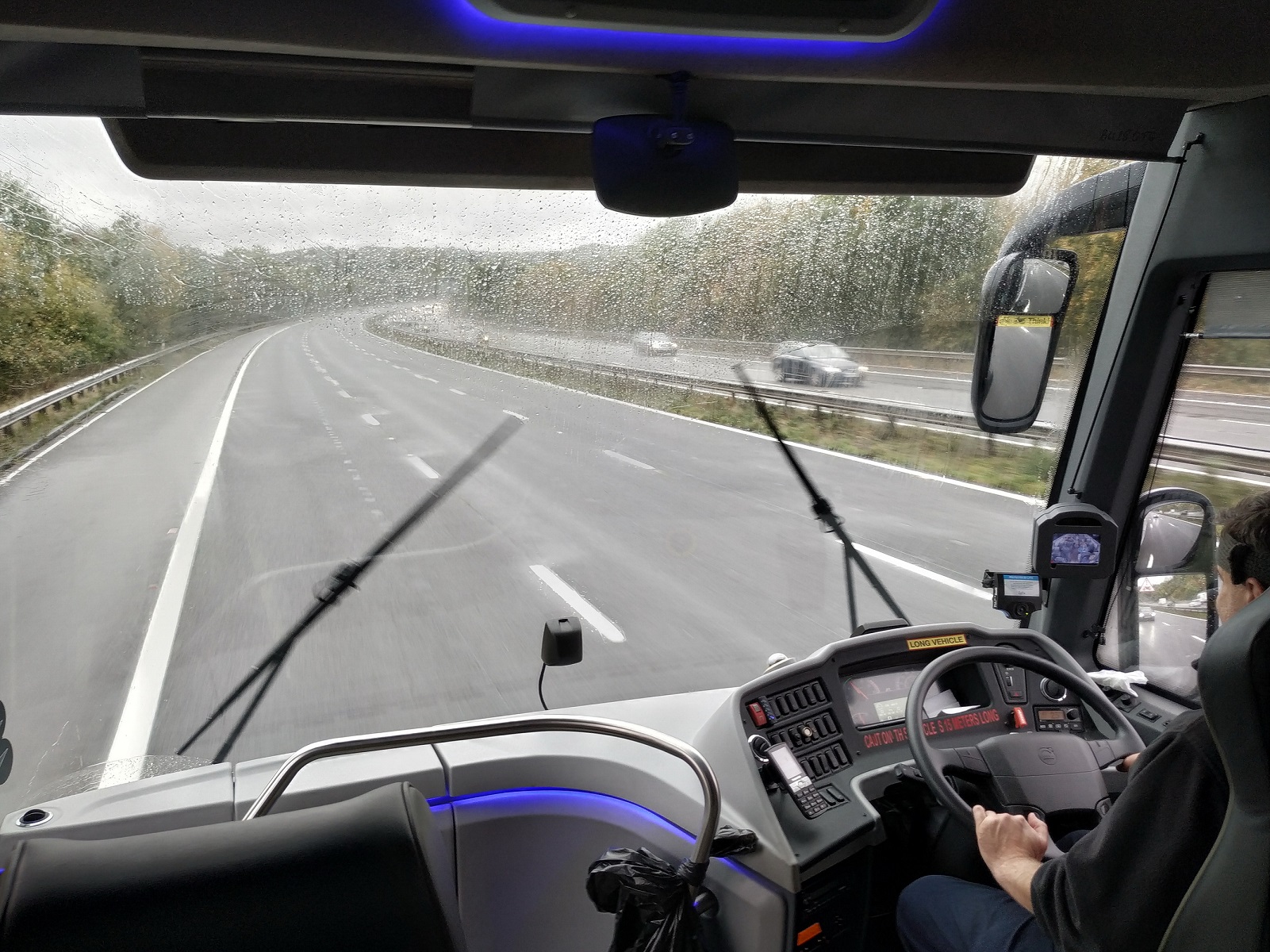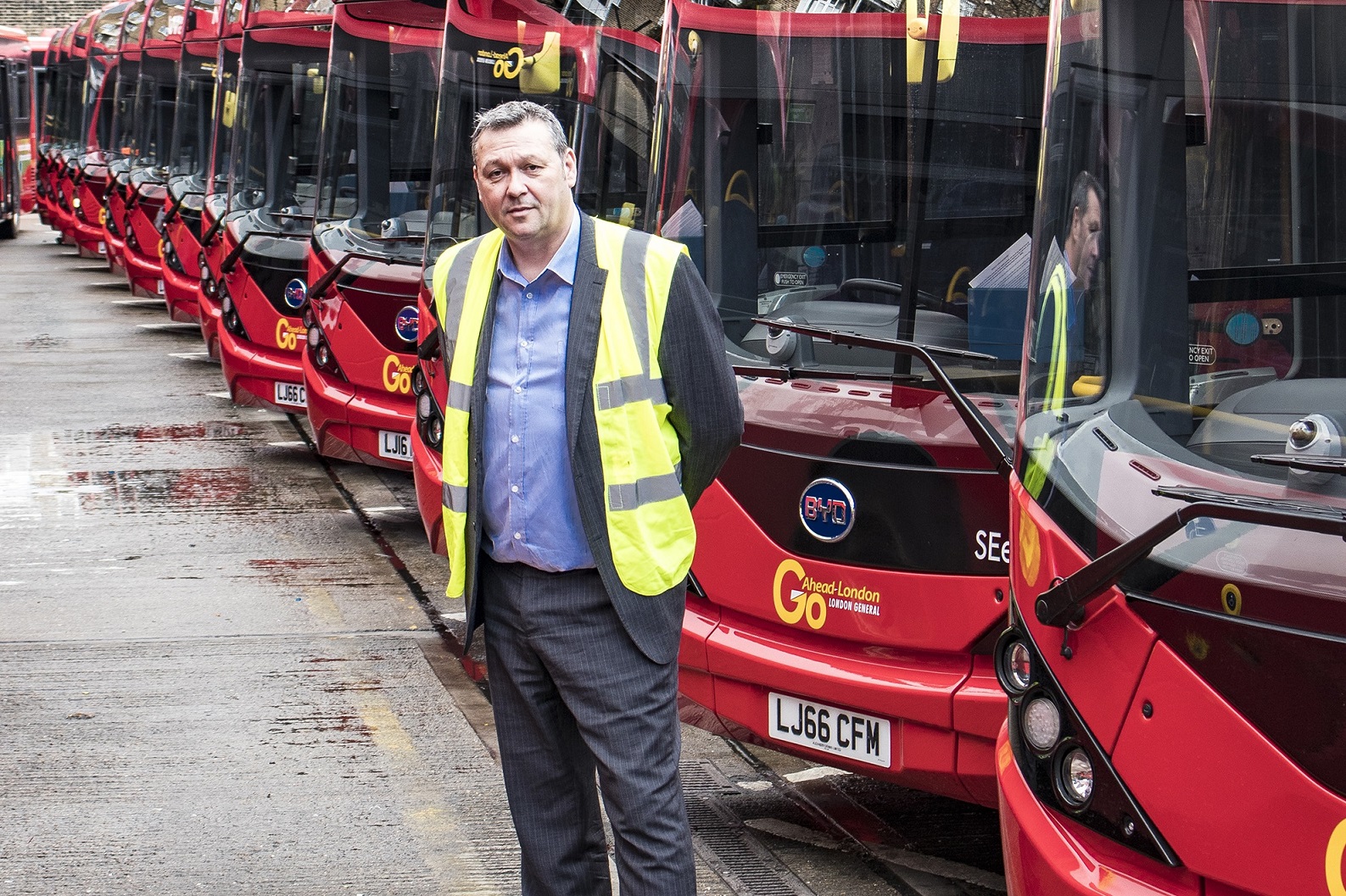School leavers, extension of the skills bootcamp training approach to coach and bus and a collaborative approach to industry image are among means of tackling the road transport recruitment conundrum, RHA has said in a skills manifesto called Attract, Train and Retain.
The trade body highlights how poor awareness of careers in coach, bus and freight among those leaving education is a major obstacle to attracting new staff. It believes that too much reliance is placed on individual schools and businesses “to energise young people and provide accurate information about career paths.” That needs to change, RHA continues.
Work to improve road transport’s recruitment landscape must be collaborative between the sectors concerned and governments, says Policy Lead, Skills and Drivers, Sally Gilson. That will help to mitigate poor awareness, and negative perception, of transport careers, and promote “the availability of attractive, fulfilling jobs at all levels,” the manifesto notes.
Skills bootcamp must be extended to coach and bus, says RHA
A skills bootcamp approach is already offered for HGV driver training. It utilises funded tuition, with courses lasting up to 16 weeks. RHA has again urged the government to expand current scope to cover category D licence acquisition, having first floated such a change in its manifesto for coaches upon that document’s publication in May.
One of RHA’s coach operator members earlier in 2023 cautioned that a skills bootcamp strategy is not the ultimate answer, observing that it should form part of a wider collection of measures in tackling the recruitment challenge.
RHA agrees with that, with its skills manifesto noting that skills bootcamps for HGV driving are often over-subscribed. “Provision should be expanded to include the coach and bus sector, both of which have an increasing shortage of drivers,” it continues.

However, a longer-term approach from government to the skills bootcamp mechanism is required.
RHA cites the current arrangement’s “short termism” as placing “enormous pressure on training providers to get through a large volume of applicants, which can impact the quality of training received.”
In skills matters specific to coach and bus, RHA acknowledges that the passenger sector has lost drivers to HGV work. Coach operators that are regularly involved in tours into the EU are also hit by the problematic 90/180 day rule.
Because of those and other factors, RHA is among bodies asking the government to review its Shortage Occupation List and enable the recruitment of category D drivers from outside the UK. It also previously called for removal of the 50km limit applied to the youngest PCV drivers. That had previously been cited by multiple coach operators as a constraint on the recruitment of young people.
Apprenticeship Levy reform, former offenders part of manifesto
RHA’s skills manifesto also lists reform to the Apprenticeship Levy and the introduction of a Skills Levy as desirable. That would allow what the Association says could be more flexible and shorter training schemes, including via the skills bootcamp mechanism. Use of driving simulators and virtual reality also form part of its position on training.
On retention, RHA wants employers to offer more flexible shifts and for the transport industry to work with the government and devolved administrations on better facilities. The image of jobs in transport should also be improved via a communications campaign.
RHA additionally advocates efforts to increase diversity among the transport workforce. It adds that driver shortages could also start to be tackled by community outreach to military veterans or former offenders.
Read the RHA skills manifesto here.
Looking to recruit drivers? Receive a 10% discount off driver recruitment services with C9 Recruitment by using code ‘routeone10’.



























